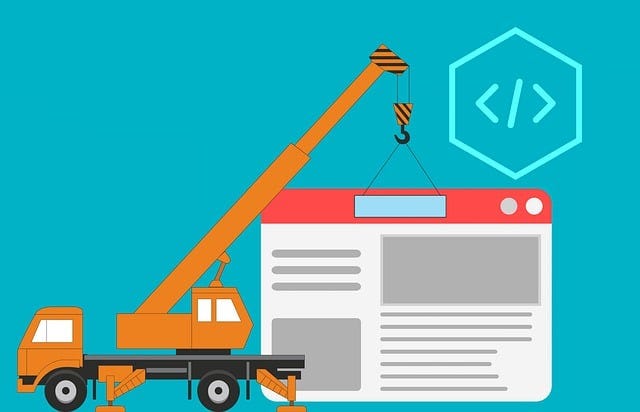Reflections: Software Industry Really Lacks Testing and Engineering Culture
Without a serious, reliable, and repeatable approach to E2E testing, how can software engineers claim to practice true Software Engineering?
During a trip to China two months ago, I was diagnosed with high blood pressure.
Accompanying My Parents (Overseas): 50 Days This Year, 72 Days Last Year
Spending more time with my parents & family has been a personal goal I set over a decade ago. Today, there's even a term for this lifestyle: 'digital nomad.' While I’m not wealthy (far from that), a modest and steady passive income allows me the some level of freedom to avoid traditional employment.
E2E Test Automation and Continuous Testing played a pivotal role in helping me achieve this balance, enabling both financial independence and the flexibility to prioritize what matters most.
Check out a relection artile I wrote last year: “I Just Had a 2.5-month Vacation, Feeling Truly Free for the First Time.”
My wife made a big deal out of it, upon my return, she promptly arranged for me to see a doctor and undergo several medical tests within a week:
Blood test
Urine test
Two ultrasound scans
CT scan
The results are generally fine, and with medication, my blood pressure is now under control.
Yesterday, as I was waiting to enter the CT room, an idea struck me: “I’m a software test automation coach. Isn’t this entire process a form of testing?”
Inside the CT room, I saw an impressive CT machine (Siemens brand). The process was highly automated—moving me in and out while giving voice instructions on when to take a deep breath, hold it, and when to breathe normally.
When the procedure was over, I commented to the friendly medical staff, “This machine is really impressive.” She smiled and replied, “Yes, it’s very advanced—and very expensive too.”
As I drove home, I kept reflecting on the experience:
Medical diagnoses are based on comprehensive tests that gather factual data.
There are specialized facilities designed for these tests—an entire ecosystem that people often take for granted.
Results are produced quickly and integrated into streamlined processes that record them and relay them to the relevant doctors.
Many of these tests rely on specially designed machines that incorporate significant automation and are expensive to acquire and maintain.
This made me realize that our software industry is one of the few fields lacking the engineering discipline to treat testing and automation as seriously as it should.
Keep reading with a 7-day free trial
Subscribe to The Agile Way to keep reading this post and get 7 days of free access to the full post archives.


